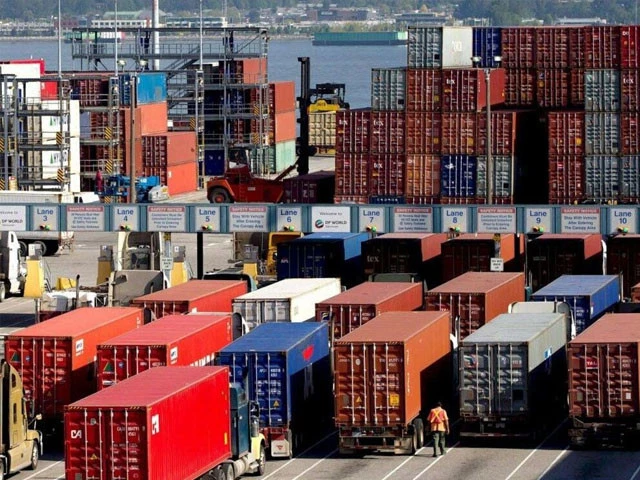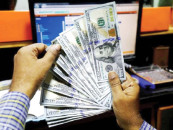'EFS dents performance of local industries'
Manufacturers say scheme creating uneven playing field as imports remain tax-exempt

Industry experts have voiced concerns over the government's Export Facilitation Scheme (EFS), claiming it is undermining the performance of local industries.
In the previous years, Pakistan's export sector was supported through direct subsidies such as power and gas tariff relief, reduced corporate taxes and concessionary credit facilities. However, under mounting pressure from the International Monetary Fund (IMF), these subsidies have largely been curtailed.
Instead, support is now being offered through policies like the EFS which, critics argue, effectively subsidise exports at the expense of the domestic industry. Despite these concessions, Pakistan's export earnings in dollar terms have remained stagnant over the past three years.
"The EFS is not delivering on its promise. Our exports are not growing in real terms and yet the government continues to extend such schemes at the expense of the local industry," said Haroon Ali Khan, Chairman of the Pakistan Chemical Manufacturers Association.
According to data released by the State Bank of Pakistan, total goods exports stood at around $32 billion in fiscal year 2024-25, virtually unchanged since 2021-22, when the EFS was launched. Textile exports, notably, recorded a decline of 6% over the same period, falling from $19 billion in FY22 to $17 billion in FY25.
Meanwhile, the large-scale manufacturing (LSM) sector is already showing signs of strain, contracting 1.5% in FY25 amid high costs. Stakeholders fear that policies like the EFS are exacerbating the downturn. They argue the scheme creates an uneven playing field by imposing taxes including the sales tax on domestic producers for exporting industries, while imports remain exempt under the EFS.
Furthermore, anti-dumping duties, intended as remedies against unfair trade practices, are not applied to export-based industries under the EFS. This exemption places additional pressure on local businesses. In contrast, countries and regions such as the EU and Brazil collect anti-dumping duties even on goods imported for exports, as they consider it unfair.
Export growth should not come at the cost of damaging the local industry. What Pakistan needs is a level playing field; not a policy that subsidises exports while penalising domestic producers, industry leaders emphasised.






















COMMENTS
Comments are moderated and generally will be posted if they are on-topic and not abusive.
For more information, please see our Comments FAQ